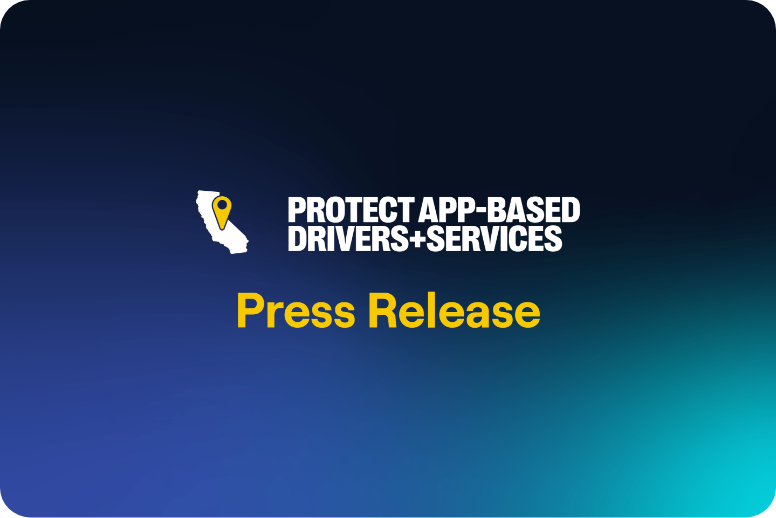By La Opinión Editorial Board
One of the most controversial plebiscites that Californians will have to vote on November 3 is Proposition 22.
It represents the reaction of passenger transport companies such as Uber, Lift and DoorDash against a law of the state Legislature that requires them to hire drivers as if they were employees.
His position is a reaffirmation of the current business model for which these services exist. A model that is also the reason why they have become so popular, with the flexibility that drivers can choose, for many of whom driving their cars with paid passengers is a second job, 20 or less hours a week.
Implementing the obligation for companies to convert independent contractors into wage earners seems logical at first glance and has made the decision difficult for those of us who support unions in general and organized Hispanic workers in particular.
Because for companies there is no option to work with salaried employees, to the point that they could leave California if that is imposed on them.
What happens is that at least half of app-based trucking drivers are unwilling or unable to be employed.
For them it is therefore a part-time job, which they do occasionally. There are hundreds of thousands, who would be left without this source of income if Prop. 22 does not pass.
Those who want to remain independent contractors do so because that is what gives them what attracts them most in that activity: flexibility.
They decide when to start their round and where and for how long to do it. They use and drive their own cars and pay their own expenses. Yes, they would not receive the benefits that correspond to the workers who organize: a minimum wage and overtime pay, the right to breaks and paid sick days.
That leads us to analyze Proposition 22, comparing what it offers not against an alleged unionization of drivers, which is not going to happen, but with the current situation of drivers, to which some improvements are offered.
The proponents of Proposition 22 have added certain benefits such as minimum income, health care subsidies, and vehicle insurance to what they currently pay drivers.
According to the California legislative analyst, drivers currently earn between $ 11 and $ 16 an hour, including waiting time and taxi costs. The minimum wage in California is $ 12 an hour.
If Proposition 22 passes, they will be guaranteed 120% of the local minimum wage, but for time driven, plus certain expenses, and will be awarded a bonus for health insurance payments for those who drive more than 15 hours per week.
Finally, four out of every five drivers of these services are Hispanic or African American, and more than half of the total are immigrants, for whom they constitute a still accessible way to enter the labor market while developing their skills and looking for opportunities.
For all this, La Opinion says yes to Proposition 22.
The Latest News

Opinion
I’m an Instacart driver: California Supreme Court must protect my job
By Stephanie Whitfield It may sound dramatic to say that app-based driving saved my life, [...] Read more
News
As Prop. 22 heads to California Supreme Court, support doesn’t break along ideological lines
By Bob Egelko Proposition 22, the 2020 ballot initiative sponsored by Uber and Lyft that [...] Read more